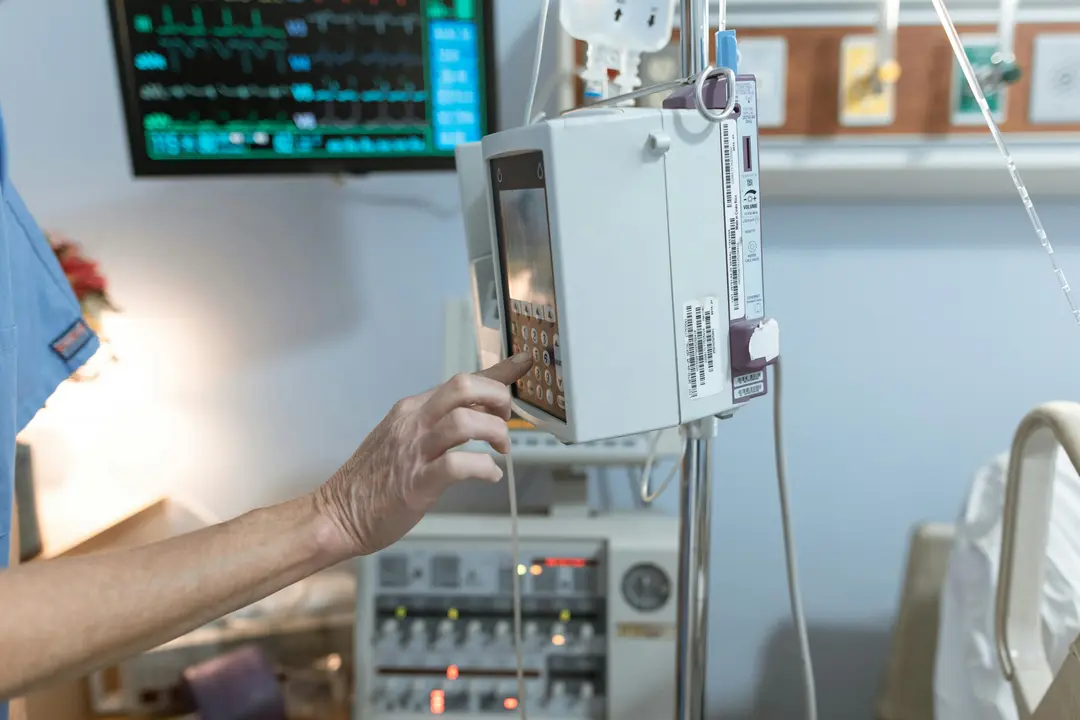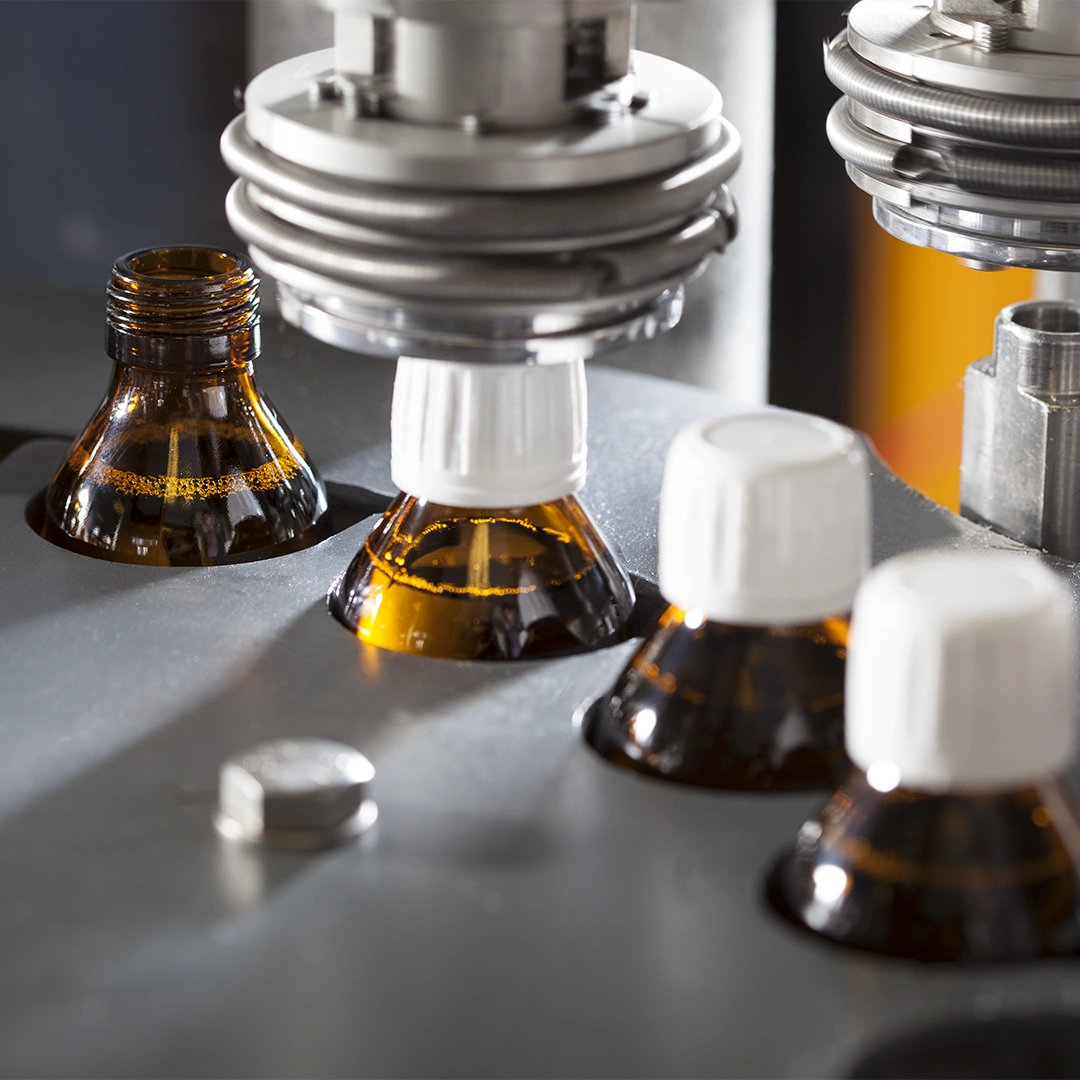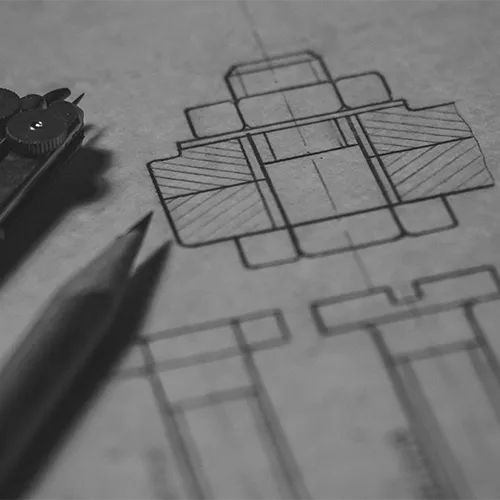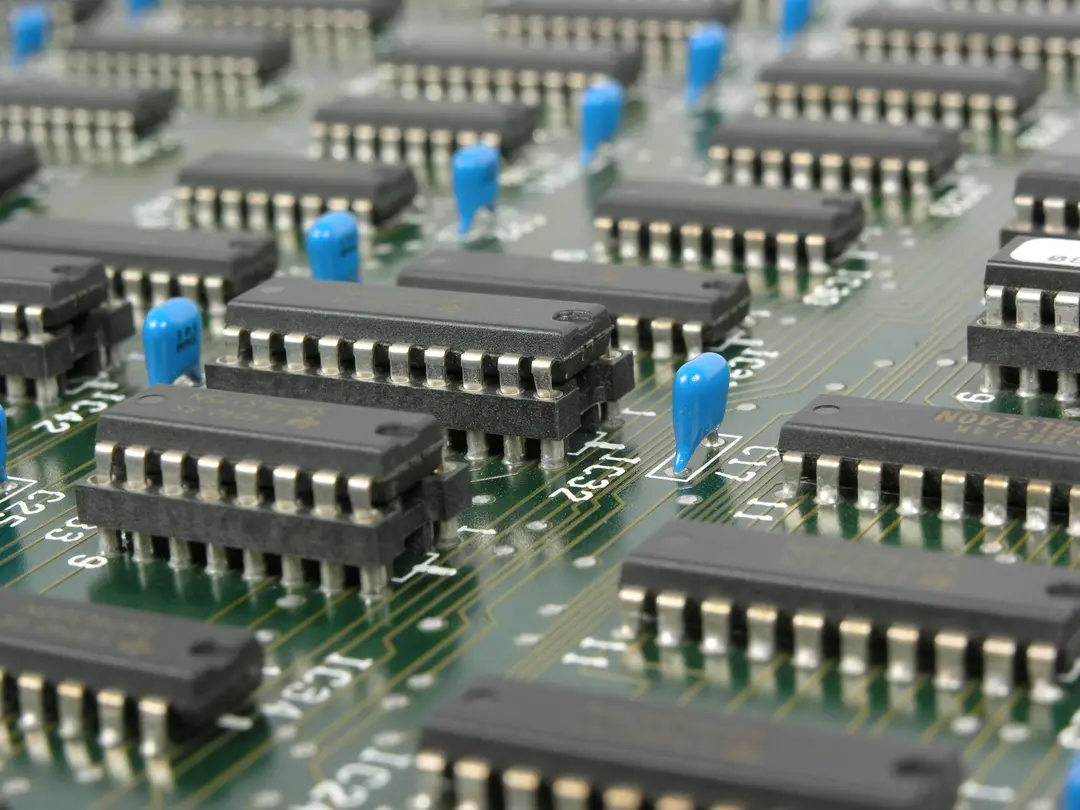What is PPS plastic?
Polyphenylene sulphide (PPS) is a semi-crystalline, high temperature thermoplastic polymer. PPS offers the broadest resistance to chemicals of any advanced engineering plastic.
Because of PPS's chemical structure it's a highly resistant polymer with high strength and hardness, especially in the higher temperatures. PPS plastic has good dimensional stability as well as low moisture absorption.
PPS is reasonably easy to machine. A high degree of precision can be obtained by using carbide tipped machine tools, moderate cutting speeds and fast feed rates. A slow feed can result in poor surface appearance.
If a large amount of machining is carried out, a second annealing procedure may be required to prevent cracking.
You may also see PPS referred to as:
- Trade names:
- TECATRON® (natural, GF40 black & natural, PVX black, SE natural, CM CF15 GR10 TF10 black (XP-83), CM GF40 natural (XP-64) and SV natural
- ENSIFIDE®
- Complēt®
- Techtron®
- Ryton®
- Fluorosint®
- Sustatron PPS
- PPS resin
Main attributes
- High chemical resistance
- High temperature performance
- High modulus when reinforced
- Good mechanical strength
- Low water absorption
- Good dimensional stability
- Excellent electrical properties
- High purity characteristics
- High maximum allowable temperature in air (220°C continuously, 260°C in bursts)
- Suitable for food contact
Common Applications
- Structural components
- Valves & pumps
- Computer & appliance housings
- Impellers
- Bearings & bushings
- Electrical components
- Guards
- Surgical & dental instruments
- Gears & driveshafts
Note for designers
40% glass reinforced PPS is probably the most widely used grade although PPS itself is not as widely used in the UK as a number of other engineering plastics such as PEEK.
If the extremely high chemical resistance of PPS is not required, alternative cheaper and more readily available thermoplastics may be sought.
UK stock sizes
Stock sizes will vary according to supplier and grade. Here are the sizes available for TECATRON GF40 black. 40% glass reinforced PPS is probably the most widely used although PPS itself is not as widely used in the UK as a number of other engineering plastics such as PEEK. Please note we do not supply stock material, the information provided is purely for design and research purposes.
PPS Rod
- 10mm x 3000mm - min tolerance +0.1mm, max tolerance +0.8mm, weight 0.143kg/m
- 20mm x 3000mm - min tolerance +0.2mm, max tolerance +0.9mm, weight 0.551kg/m
- 30mm x 1000mm - min tolerance +0.2mm, max tolerance +1.2mm, weight 1.23kg/m
- 30mm x 3000mm - min tolerance +0.2mm, max tolerance +1.2mm, weight 1.23kg/m
- 40mm x 3000mm - min tolerance +0.2mm, max tolerance +1.6mm, weight 2.18kg/m
- 50mm x 3000mm - min tolerance +0.3mm, max tolerance +2.0mm, weight 3.42kg/m
- 60mm x 3000mm - min tolerance +0.3mm, max tolerance +2.5mm, weight 4.92kg/m
Other sizes may be available for special production (minimum order quanitity required) please get in touch to discuss.
PPS Plate
- 20mm x 500mm x 1000mm - min tolerance +0.3mm, max tolerance +1.5mm, weight 17.9kg/m
- 20mm x 500mm x 3000mm - min tolerance +0.3mm, max tolerance +1.5mm, weight 17.9kg/m
- 40mm x 500mm x 3000mm - min tolerance +0.5mm, max tolerance +2.5mm, weight 35.5kg/m
- 50mm x 500mm x 3000mm - min tolerance +0.5mm, max tolerance +2.5mm, weight 44.1kg/m
Other sizes may be available for special production (minimum order quantity required) please get in touch to discuss.
Technical properties
Here are the properties for TECATRON GF40 Black. 40% glass reinforced PPS is probably the most widely used although PPS itself is not as widely used in the UK as a number of other engineering plastics such as PEEK.
Please note: properties will differ according to supplier and grade. These details are provided for research purposes.
TECASON PPS GF40 black Properties
Mechanical properties
| Mechanical Properties | Value | Parameter | Norm | Notes |
| Modulus of Elasticity (tensile test) | 6500 MPa | 1mm/min | DIN EN ISO 527-2 | For tensile test specimen type 1b |
| Tensile Strength | 83 MPa | 50mm/min | DIN EN ISO 527-2 | |
| Tensile Strength at Yield | 83 MPa | 50mm/min | DIN EN ISO 527-2 | |
| Elongation at Yield | 2% | 50mm/min | DIN EN ISO 527-2 | |
| Elongation at Break | 2% | 50mm/min | DIN EN ISO 527-2 | |
| Flexural Stength | 145 MPa | 2mm/min, 10 N | DIN EN ISO 178 | For flexural test: support span 64mm, norm specimen |
| Modulus of Elasticity (flexural test) | 6600 MPa | 2mm/min, 10 N | DIN EN ISO 178 | |
| Compression Strength | 21/41/105 MPa | 1%/2%/5% | EN ISO 604 | Specimen 10x10x10mm |
| Compression Modulus | 4600 MPa | 5mm/min, 10 N | EN ISO 604 | Specimen 10x10x50mm, modulus range between 0.5 and 1% compression |
| Impact Strength (Charpy) | 24 kJ/m2 | max. 7.5J | DIN EN ISO 179-1eU | For Charpy test: support span 64mm, norm specimen |
| Ball Indentation Hardness | 343 MPa | | ISO 2039-1 | Specimen in 4mm thickness |
Thermal properties
| Thermal Properties | Value | Parameter | Norm | Notes |
| Glass Transition Temperature | 93°C | | DIN EN ISO 11357 | Found in public sources |
| Melting Temperature | 280°C | | DIN EN ISO 11357 | |
| Service Temperature | 260°C | short term | NN | Found in public sources. Individual testing regarding application conditions is mandatory |
| Service Temperature | 230°C | long term | NN | |
| Thermal Expansion (CLTE) | 5 10-5*1/K | 23-100°C, long | DIN EN ISO 11359-1;2 | |
| Thermal Expansion (CLTE) | 4 10-5*1/K | 23-60°C, long | DIN EN ISO 11359-1;2 | |
| Specific Heat | 0.9 J/(g*K) | | ISO 22007-4:2008 | |
| Thermal Expansion (CLTE) | 10 10-5*1/K | 100-150°C, long | DIN EN ISO 11359-1;2 | |
Electrical properties
| Electrical Properties | Value | Parameter | Norm | Notes |
| Specific Surface Resistance | 1014 Ω | Silver electrode, 23°C, 12% r.h. | DIN IEC 60093 | Specimen in 20mm thickness |
| Specific Volume Resistance | 1014 Ω*cm | Silver electrode, 23°C, 12% r.h. | DIN IEC 60093 | Due to the black colourant and moisture update of the material the electrical insulation properties cannot be 100% guaranteed, despite single measurements suggesting otherwise. |
| Dielectric Strength | 32 kV/mm | 23°C, 50% r.h. | ISO 60243-1 | Specimen in 1mm thickness |
| Resistance to tracking (CTI) | 125V | Platin electrode, 23°C, 50% r.h., solvent A | DIN EN 60112 | |
Other properties
| Other Properties | Value | Parameter | Norm | Notes |
| Water Absorption | 0.01% | 24h/96h (23°C) | DIN EN ISO 62 | Ø ca. 50mm, h=13mm |
| Resistance to Hot Water/Bases | + | | | +Good resistance |
| Resistance to Weathering | (+) | | | (+) Limited resistance |
| Flammability (UL94) | V0 | Corresponding to | DIN IEC 60695-11-10 | Corresponding means no listing at UL (yellow card). The information might be taken from resin, stock shape or estimation. Individual testing regarding application conditions is mandatory. |
| Density | 1.63g/cm3 | | | |
 Get a quote
Get a quote












